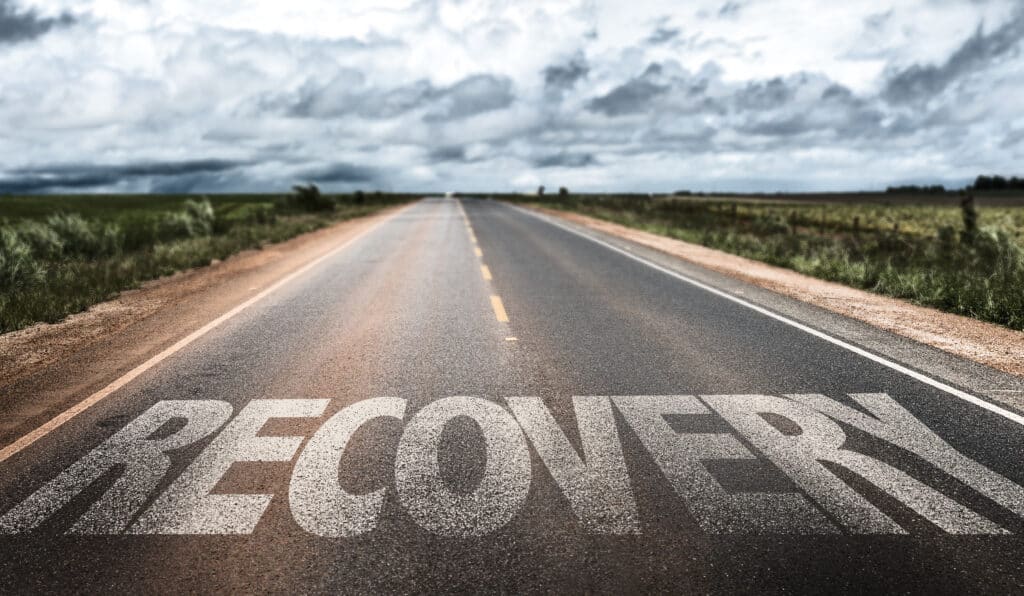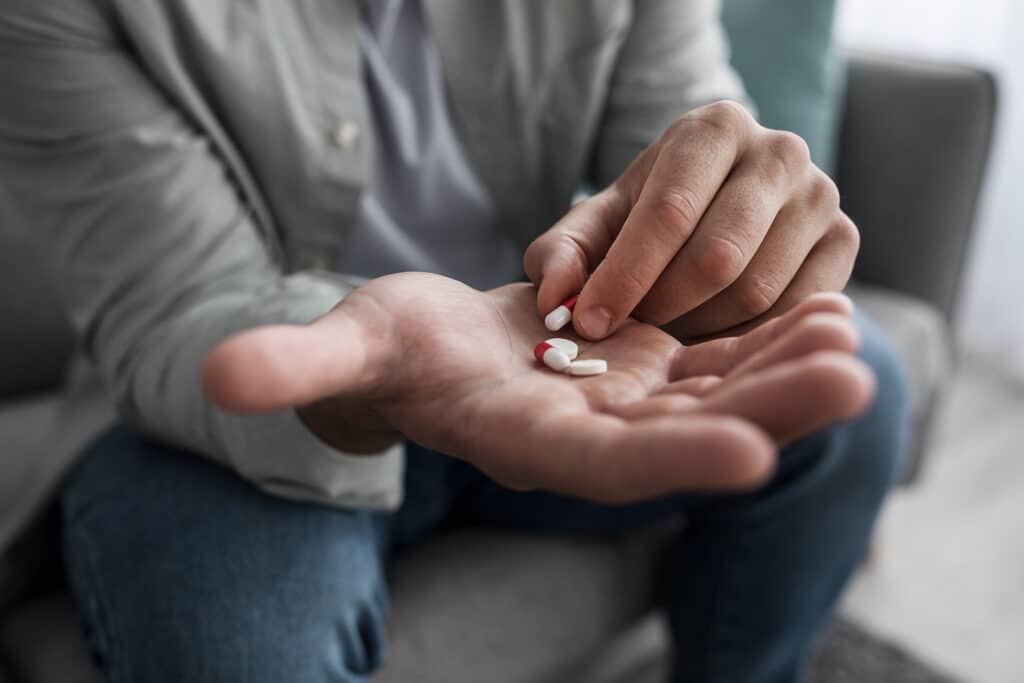Addiction is a pervasive problem across the world, keeping millions of people in its reigns. The effects of addiction can be severe, and their very nature of addiction makes it difficult to shake free. However, there are many resources available to combat addiction, no matter what form it takes. While the road to addiction recovery can be rocky and rough, personal and professional help can be attained at every stage.

The Difficulties of Addiction
Addiction, at its root, is a chronic and progressive brain disease. It takes many forms, with dependencies on everything from ingestables like drugs and foods to behaviors like gambling. Each addiction response is individual, so the addiction recovery process must also be personally tailored. It is best to seek professional help for guidance through the addiction recovery process.
The Stages of Recovery
The stages of addiction recovery can vary depending on sources of research and the school of thought, however, five essential steps are often defined as Awareness, Consideration, Addiction Treatment, Early Recovery, and Long-Term Recovery.
Awareness: Acknowledge the Addiction
Sometimes triggered by a “crisis event,” the first step to recovery is for an addict to acknowledge the problem (in fact, this stage may also be referred to as “acknowledgement” or “recognition”). The key to this stage is that the addict—not a family member or friend—must recognize the problem and make the decision to change.
Consideration: Taking the First Step
The second stage of addiction recovery is highly introspective. At this point, addicts must consider how their behavior has affected those around them, however painful those reflections may be. It is also a time to research the addiction, pondering on how it came to take root and researching what can be done to escape it. With consideration, addicts come to understand they need professional help.

Addiction Treatment: Exploring Addiction Recovery
It is easy to see where the crossovers exist between the second and third stages of recovery. The third stage, also called the preparation phase for recovery, begins the process to actively seek out help. Research continues, and it is recommended that addicts talk with friends and family about getting help. To strengthen their resolve to change, it is wise for addicts to begin setting goals and crafting action plans as they move forward. This stage is critical to shift into more active treatment with sustaining motivation, so addiction recovery professionals recommend that addicts do not rush the process.
Early Recovery
Early recovery marks the stage when addicts begin putting their recovery plan into action. Here recovery professionals can step in and help individuals determine which kind of recovery program is best for them. There is quite a bit of variety in this decision, and the best choice is dependent on the patient, individual circumstances, and especially the kind of addiction in question.
Substance Abuse Recovery
Inpatient care is often the most effective kind of recovery program for substance abuse cases. Inpatient care involves the patient residing at a treatment facility while receiving treatment. Insurance can help cover the sometimes substantial cost of attending such facilities. It is crucial to seek early recovery help in a qualified medical setting as the body often reacts very adversely to the process. Residential treatment in such cases involves a detoxification (or detox), in which qualified medical professionals take precise measures to remove all addictive substances from a patient’s body.
In a qualified medical facility, healthcare professionals can mitigate the worst effects of the detoxification process, offering medication and other clinical therapy or even more holistic approaches. As a general rule, the most acute withdrawal symptoms are limited to the first three to four days. After that interval, treatment continues until the physical dependence is broken. Then treatments focused on the underlying mental facets of the addiction can take the fore.

Therapy
After residential treatment, therapy with a qualified therapist can help patients recovering from addiction discover the underlying causes of their dependency and develop skills and habits to employ outside of the treatment setting. In this way, when addicts encounter triggers, they will be equipped to avoid relapse.
Long-Term Recovery: Active Recovery and Maintenance
By the time recovering addicts reach stage five, they will have put in a great deal of effort to break free of their addiction. Technically, that effort will last for the rest of their lives. The temptation to relapse may always remain to some degree, so lasting addiction recovery is an active process.
Former addicts and their loved ones should devise a plan going forward to eschew the substance or behavior that resulted in addiction. The rest of the recovery process is designed to prepare patients to manage temptation and to establish a support system for them, both in good times and the hard ones. Resources to consider include local recovery programs, such as NA or AA; outpatient counseling; and family therapy.






